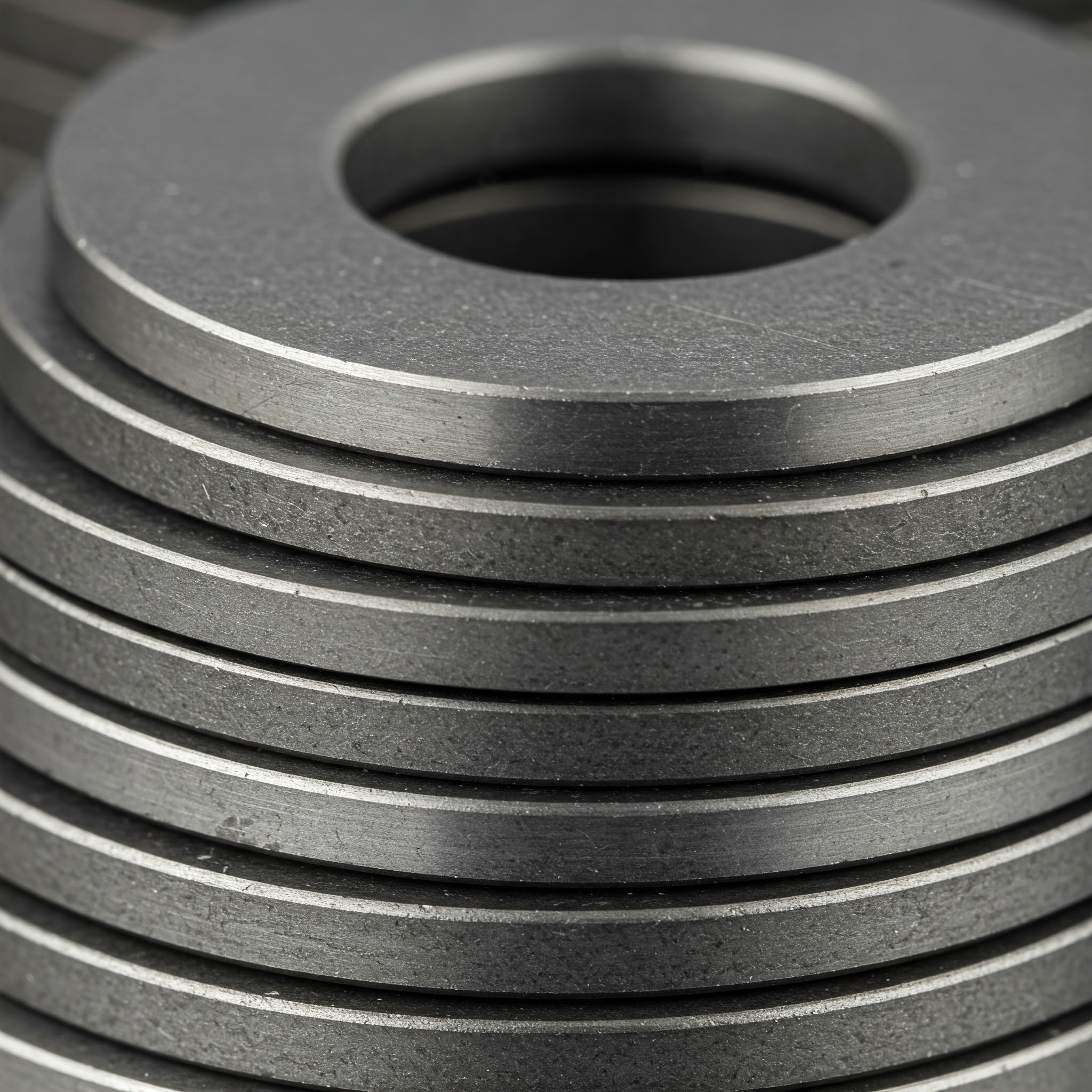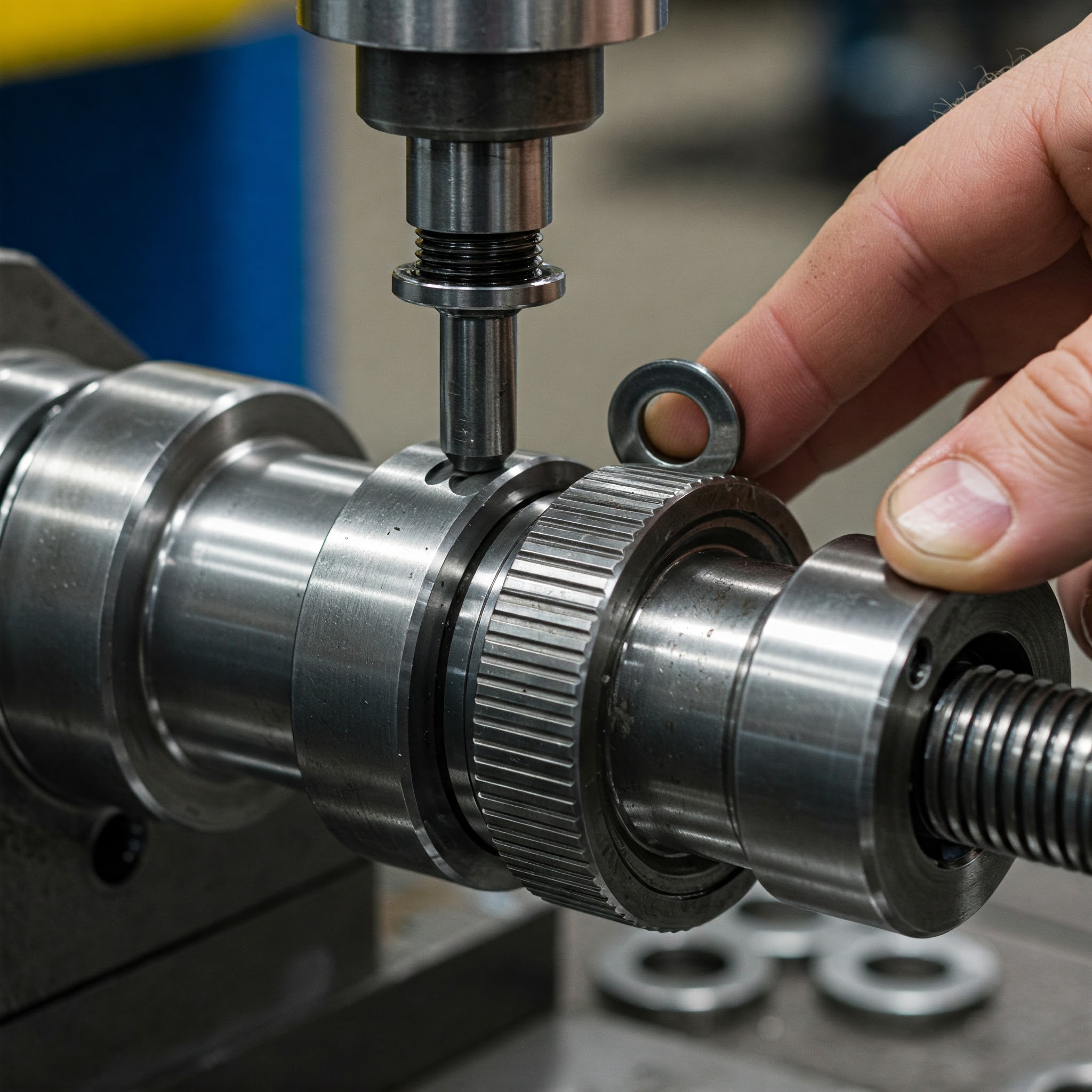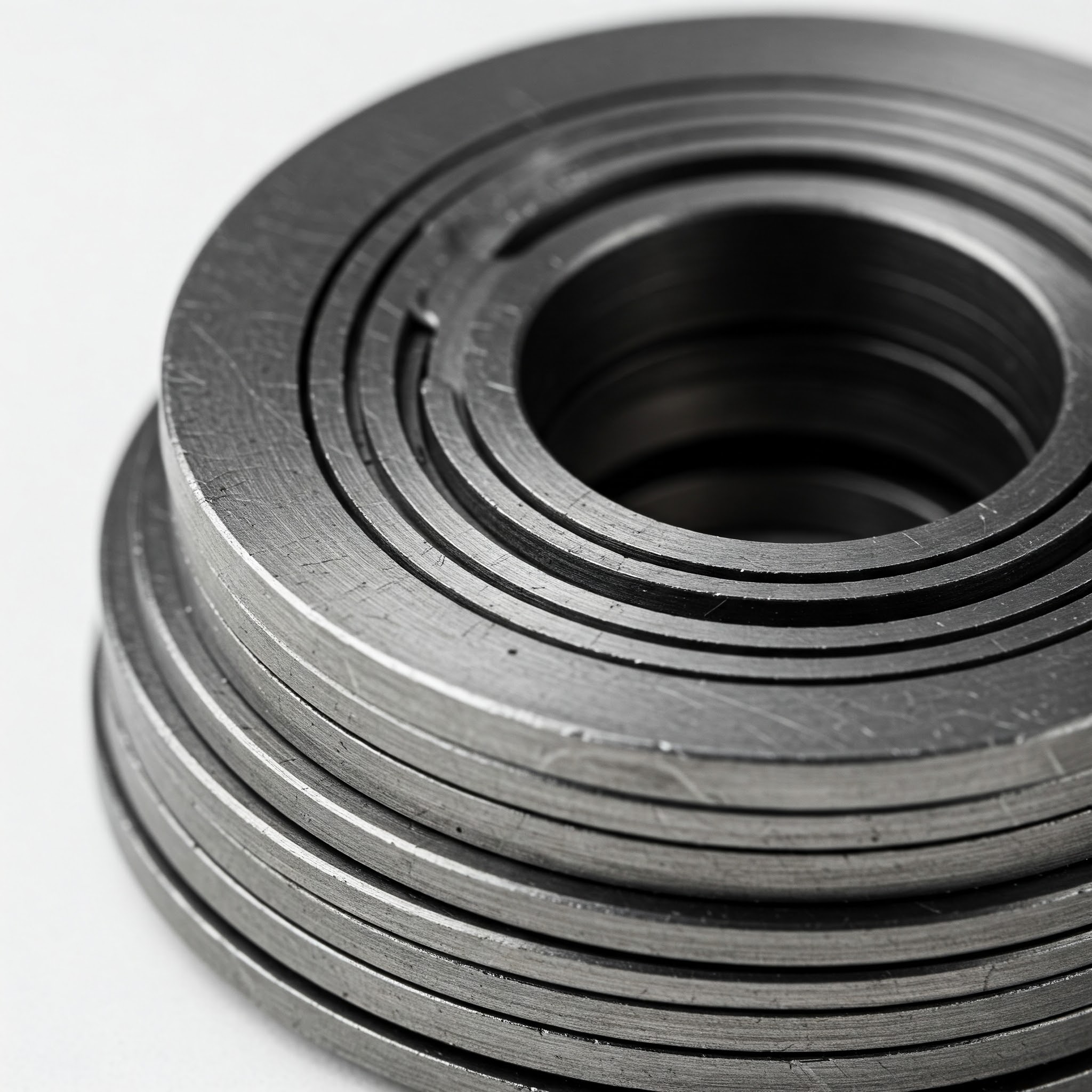The Role of Machined Washers in High-Performance Fastening Solutions | Enhance Your Projects

When you’re tackling a high-performance project, whether it’s in construction, automotive, aerospace, or machinery, you need fasteners that can withstand pressure, vibrations, and various environmental conditions. That’s where machined washers come in. They are crucial for ensuring your fastenings stay secure, stable, and perform optimally.
In this article, I’m going to walk you through everything you need to know about machined washers—what they are, their benefits, and how they play a vital role in your fastening solutions. If you’ve been looking for ways to enhance your projects with reliable, long-lasting fastening solutions, then you’re in the right place!
Table of Contents
- What Are Machined Washers?
- Key Benefits of Machined Washers
- Applications of Machined Washers in High-Performance Fastening
- Choosing the Right Machined Washer for Your Needs
- Common Types of Machined Washers
- Why Machined Washers Are Essential for Industrial Projects
- How to Properly Install Machined Washers
- Maintenance Tips for Machined Washers
- Conclusion
What Are Machined Washers?
A machined washer is a flat, ring-shaped component that’s typically placed under the head of a fastener (like a bolt or nut) to distribute the load, prevent damage to the surface, and increase the reliability of the fastening system. Unlike standard washers, machined washers are precisely manufactured using advanced machinery for enhanced accuracy and performance.
You might be thinking, "Why choose a machined washer over a regular one?" The key difference lies in the precision and strength machined washers offer, making them ideal for high-performance applications.

Key Benefits of Machined Washers
Machined washers offer several distinct advantages that you won’t want to overlook in your projects:
Even Load Distribution: Machined washers help evenly distribute the pressure of the fastener across the surface. This prevents damage, such as indentation or cracking, and ensures a longer lifespan for both the fastener and the material.
Enhanced Durability: They are manufactured with higher precision, making them more resistant to wear, corrosion, and deformation under heavy loads.
Increased Security: By maintaining the integrity of the fastening system, machined washers prevent loosening due to vibrations, thermal expansion, or other forces that might compromise a regular washer.
Better Performance: In high-performance applications, where precision is crucial, these washers provide the stability needed for optimal functioning.
Corrosion Resistance: Many machined washers are made from stainless steel or other durable alloys that resist rust and corrosion, making them suitable for outdoor, marine, and high-moisture environments.
Applications of Machined Washers in High-Performance Fastening
Machined washers aren’t just for regular fastening—they’re used in a variety of demanding fields where precision and durability are key. Here are some common applications:
Automotive Industry: Machined washers are essential for automotive systems, where they are used to secure critical components like engines, brakes, and suspension systems.
Aerospace: The aerospace industry relies heavily on machined washers to ensure the integrity of fastenings in aircraft engines, fuselage components, and other critical systems.
Construction: In construction, machined washers provide secure fastening solutions for heavy-duty equipment and structural frameworks that must endure vibrations and heavy loads.
Marine and Offshore: For marine applications, where rust and corrosion are constant threats, machined washers made of stainless steel or other corrosion-resistant materials are a must-have.
Electronics: Machined washers are used in electronics for securing components in sensitive equipment, ensuring consistent performance even under stress.
Choosing the Right Machined Washer for Your Needs
Choosing the right machined washer is crucial for the success of your project. Here are some things to keep in mind:
Material: Different materials are available for machined washers, such as stainless steel, carbon steel, and aluminum. Select one based on your environment’s specific demands, such as corrosion resistance, strength, or weight requirements.
Size and Thickness: Ensure that the washer matches the diameter and thickness of your fasteners to achieve the best results. Too thick or too thin a washer might compromise the stability and functionality.
Load Capacity: Think about the weight and pressure your fastener will bear. A machined washer with a higher load capacity is ideal for heavy-duty applications.
Tolerance: The precision of the washer can make or break your fastening system. Ensure that the machined washer has the right tolerance to fit tightly and securely.
Environmental Conditions: If you’re working in harsh environments, look for washers with additional coatings or materials designed to handle extreme temperatures, moisture, or chemical exposure.

Common Types of Machined Washers
There are several types of machined washers, each designed for different purposes. Here are some of the most common:
Flat Washers: The most basic type, flat washers distribute the load evenly. They are commonly used in general applications where vibration or impact resistance isn’t a concern.
Lock Washers: These washers are designed to prevent loosening over time by providing resistance to rotational movement. They are ideal for applications prone to vibrations.
Belleville Washers: Also known as disc springs, Belleville washers are used to provide spring tension and are perfect for situations where you need a washer that can absorb shocks or maintain a constant load.
Sealing Washers: These washers come with a rubber or elastomeric seal that prevents leakage or contamination, making them ideal for use in plumbing, fuel systems, or hydraulic systems.
Wedge Lock Washers: Wedge lock washers are designed to provide extra grip and prevent loosening by creating a wedge-like effect between the washer and the surface, making them highly effective in high-vibration environments.
Square Washers: Square washers are used to distribute loads over a larger area and are often employed in wood or construction projects where a flat washer may not be sufficient.
Spring Lock Washers: Spring lock washers are designed to provide additional tension and resist loosening from vibration, making them ideal for mechanical and automotive applications.
Why Machined Washers Are Essential for Industrial Projects
If you’re involved in an industrial project, the role of machined washers cannot be overstated. They provide enhanced security, prevent damage, and increase the lifespan of your equipment. Here are some reasons why they’re indispensable:
Load Distribution: In industrial settings, the need for distributing the load evenly is critical to prevent surface damage and enhance the longevity of the machinery and structures.
Vibration Resistance: Many industrial environments involve heavy machinery and constant vibration. Machined washers are designed to hold fasteners in place, even in these challenging conditions.
Corrosion Resistance: Industrial projects often take place in harsh environments, making corrosion resistance an essential factor. Machined washers made of high-quality materials, such as stainless steel, ensure your project remains durable and functional.
Cost-Effective Solution: By preventing fastener loosening and material damage, machined washers reduce maintenance costs and downtime in industrial operations.
How to Properly Install Machined Washers
Installation of machined washers is fairly straightforward, but following the correct procedure is essential for optimal performance. Here's how to do it:
Choose the Right Washer: Select the washer that matches the fastener size, material, and thickness.
Position the Washer: Place the washer under the fastener (bolt or nut), ensuring it sits flat against the surface.
Torque the Fastener: Tighten the fastener to the appropriate torque level. Be careful not to over-tighten, as this can damage the washer or the surface.
Check for Security: Once installed, check that the washer and fastener are secure. The washer should distribute the load evenly, and the fastener should stay in place without loosening.

Maintenance Tips for Machined Washers
To ensure your machined washers continue to perform effectively, regular maintenance is key:
Inspect Regularly: Check washers for signs of wear, corrosion, or deformation. Replace any washers that appear damaged or worn.
Clean Thoroughly: Keep washers clean to avoid debris buildup, which could compromise their performance.
Lubrication: In some applications, lubricating washers can reduce friction and prevent premature wear.
Check Tightness: Periodically check the tightness of fasteners to ensure the washer continues to provide proper load distribution.
Conclusion
Machined washers play a vital role in high-performance fastening solutions. They provide essential benefits such as load distribution, corrosion resistance, vibration resistance, and increased security, making them a must-have in demanding applications like automotive, aerospace, and construction. By understanding the importance of these washers and choosing the right type for your project, you can ensure that your fastening systems are secure, durable, and high-performing.
Now that you know the role of machined washers play, you’ll be better equipped to choose the right ones for your next high-performance project. Whether you're a professional in the field or a DIY enthusiast, incorporating these washers into your fastener systems will enhance the safety and longevity of your work.
About Sachin Shim
Our range of shim washers includes machined washers , industrial washers , ogee washers , tab washers , conical washers , sealing washers , and more. Designed for various applications, they ensure precise alignment, secure fastening, and durability in industries like aerospace, automotive, construction, and manufacturing. Whether you need industrial washers for heavy machinery, sealing washers for fluid systems, or ogee, tab, and conical washers for specialized uses, our selection guarantees optimal performance.
Author
Meet Sachin, our expert author in industrial materials with a deep understanding of stainless steel shims, bolts, and shim washers. With years of experience, Sachin brings valuable insights and expertise to this guide, making her a trusted source for all things related to washers. Join us as we delve into the art of crafting washers with Sachin leading the way.
List Other similar blogs







